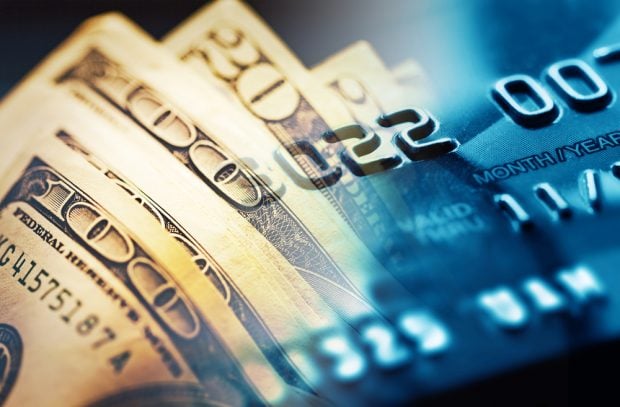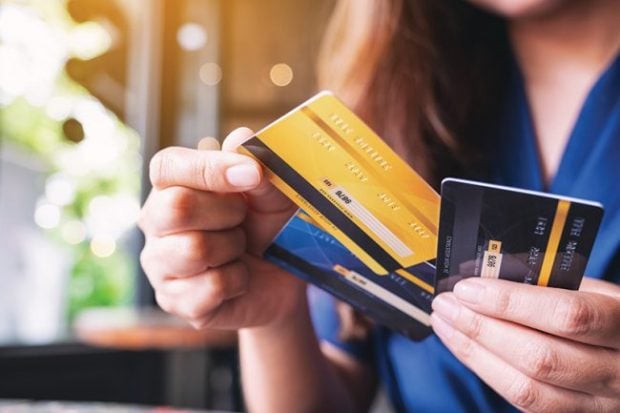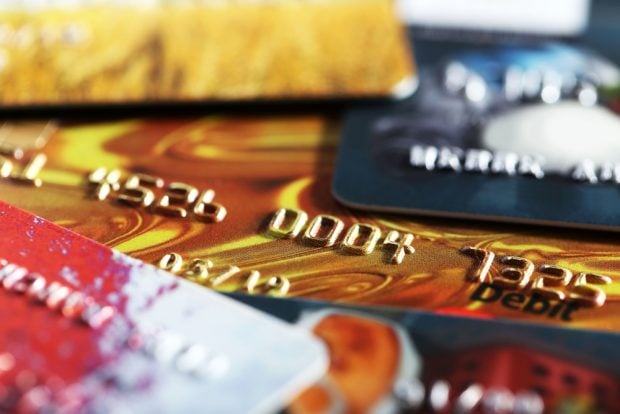
The Amazon Echo is either the greatest thing ever or it's thedevil. The Amazon Echo, for those who don't know, is a device thatconnects you wirelessly to Amazon at all times. Among variousfunctions, it enables you to use audio commands to order products,using default payment and shipping settings. Translation: You canget whatever you want, whenever you want it, without entering asingle keystroke. You just say what you want out loud.
If Charles Foster Kane had the Amazon Echo, CitizenKane would have been a very short movie. “Rosebud,” he wouldwhisper, and Amazon operatives would spring into action. Sleddelivered. The End.
Continue Reading for Free
Register and gain access to:
- Breaking credit union news and analysis, on-site and via our newsletters and custom alerts.
- Weekly Shared Accounts podcast featuring exclusive interviews with industry leaders.
- Educational webcasts, white papers, and ebooks from industry thought leaders.
- Critical coverage of the commercial real estate and financial advisory markets on our other ALM sites, GlobeSt.com and ThinkAdvisor.com.
Already have an account? Sign In Now
© 2024 ALM Global, LLC, All Rights Reserved. Request academic re-use from www.copyright.com. All other uses, submit a request to [email protected]. For more information visit Asset & Logo Licensing.









